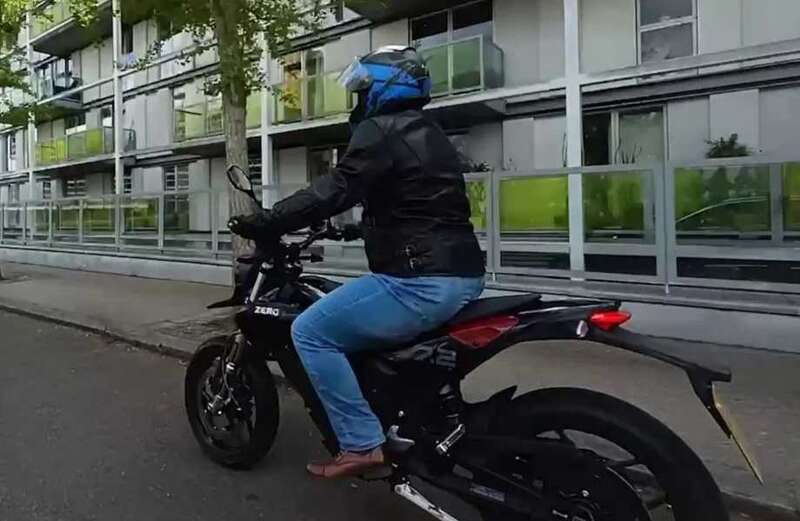COMMUTING by train is, in my experience, universally rubbish.
Whether it's the daily squash as the population of a small country climbs on at your station, the endless delays or the fact that Satan himself would consider it a warm-weather destination, it always ends up being miserable.



But we Brits console ourselves that, despite its faults, rail travel is generally quicker and easier than struggling through rush hour traffic for hours.
And if, like me, you live in a major city, the chance of parking your car anywhere near the office is either outrageously expensive or laughably slim.
Surely, though, there must be a better way and that is what we at Sun Motors set out to investigate through a slightly unusual challenge.
 Spectacular New Year fireworks light up London sky as huge crowds celebrate across UK for first time in three years
Spectacular New Year fireworks light up London sky as huge crowds celebrate across UK for first time in three years
Over the course of a week, I raced an electric motorcycle against the train to see which would work out as the easiest, fastest and cheapest method to get to work.
In the red corner, we have the Great Northern Rail service to Moorgate followed by a Northern Line tube to The Sun's London Bridge offices.
And in the blue (or perhaps green) corner, we have the Zero FXE.
Built by a Californian company set up by former NASA employee Neil Saini, the bike boasts a 104-mile range and 85mph top speed - not that it would need to go above 20mph in central London.
One of the most interesting aspects of it is that you don't actually need a motorcycle licence to ride it.
Instead, you can ride one on a CBT certificate, which can be obtained through a one-day course at a cost of about £150.
For a full breakdown of the bike's specs and some exclusive riding footage, you can take a look at our FXE road test and review.
But for now it's time to get down to business and dive in to race week.
The first thing to note is just how much more pleasant the commuting experience is on a bike.
With the exception of encounters with a few seemingly bloodthirsty bus drivers, it's just about the most comfortable way to move about in a busy urban centre.
 Robbie Williams poised to launch his own brand of energy drinks to rival Prime
Robbie Williams poised to launch his own brand of energy drinks to rival Prime
Out in the open air, you are free from the stifling confines of the train, or even worse the underground, and you don't have to deal with hundreds of other passengers jostling for space.
Also unlike the train, the motorcycle doesn't go on strike, which is especially useful for those of us who are unable to work from home.
However, the true test by which we measured the two methods were the criteria most likely to be important to Brits - cost and speed.
Travelling the 10 stops between my home and London Bridge, set me back a whopping £10 a day.
As a motoring reporter, I'm happy to share that the FXE won out on both counts.
Door-to-door it whisked me from my flat to Sun Towers in a cool 40 minutes, in large part thanks to the ability to filter alongside queues of traffic and avoid long jams.
To National Rail's credit, the train wasn't actually far behind, with a nifty 45-minute journey end-to-end.
In terms of price, though, the gulf is much wider between the two.
Put together, travelling the 10 stops between my home and London Bridge (including a change at Moorgate), set me back a whopping £10 a day.
Even if you're on the work from home schedule of just three days in the office a week, that's still £30, while full-time office dwellers could pay out £50.
By contrast, the bike has enough range to last about a week and a half of commuting use (plus light driving on weekends) on a single charge.
While it does take 10 hours to fill up from empty, it can be plugged in to a standard three-pronged household plug.
Zero claims that the cost is around 2p per mile, evening out to about £20 every 10 days.
That works out to a saving of around £40 a week.
And if we average that out across the 260 working days in a year, that's a discount of £10,400.
The only way for the train to be cheaper is to buy a season ticket, but that still costs £2,008 a year to do the same journey.
Personally, I'd pay the extra £600 a year in exchange for an extra five minutes in bed in the morning and the ability to cruise around on the excellent FXE on weekends - not to mention the fact that the bike can reach more remote areas that the train often can't.


































